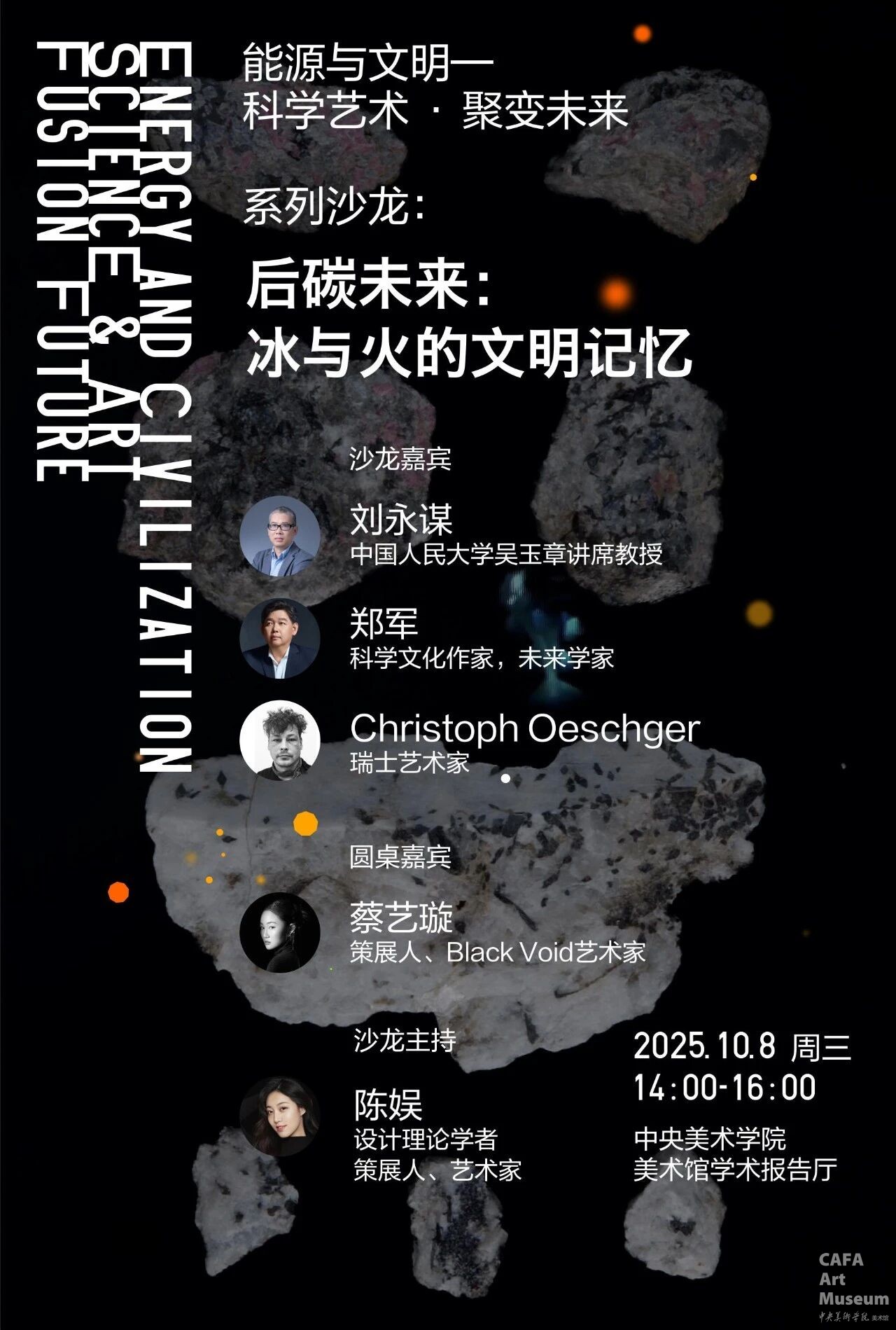

The form of energy shapes the hierarchy and rhythm of civilization. The steam engine ignited the Industrial Revolution, reshaping the pulse of cities and rural areas; coal and oil supported globalization and informatization, building industrial networks spanning continents. Today, solar energy is integrated into buildings and urban life in a distributed manner; the energy upgrade from controlled nuclear fusion also heralds the next transformation of civilization. Soviet astronomer Nikolai Kardashev once proposed that the development of civilization can be measured by the total amount of usable energy. Each energy leap not only drives progress in productivity but also rewrites social structures and the form of civilization, while reflecting a civilization's management of entropy—how to guide disordered energy into usable order is the key to a civilization's upgrade.
Traces of early civilizations are stored in matter: bubbles, tiny particles, and microorganisms trapped in ice cores record millions of years of Earth's meteorological history. As the Industrial Revolution and information technology develop, the memories preserved in ice sheets will present new geological evidence. Fire, on the other hand, carries another form of civilizational memory: Edison's 'Black Maria'—the film darkroom—where negatives are washed with sunlight, reorganizing energy on nitrate-based film to allow images to flow. As Nadia Bozak writes in 'The Cinematic Footprint': 'Every frame of film is our civilization's mastery over the sun, presented through fossilized solar fire—in the form of carbon—that we have captured, refined, and appropriately utilized.'
This event, titled 'Post-Carbon Future: The Civilization Memory of Ice and Fire', focuses on the changes in the civilization level and pace during the energy transition, echoing the future civilization imagination presented by controlled nuclear fusion in the exhibition 'Energy and Civilization — Science & Art · Fusion Future'. The exhibition takes multiple installations as its core, breaking down the boundaries between science and art, transforming nuclear fusion principles into intuitive sensory experiences. At the same time, this event is also the concluding act of the 'Post-Carbon: The Political Economy of Light and Heat' screening and forum series. The 'Post-Carbon' series has been presented in multiple cities including Beijing, Shanghai, and Guangzhou, responding to the impact of solar energy and southern heatwaves on landscapes, technology, and visual culture.
This forum will screen the film 'In the Ice, Everything Leaves a Trace' and invite Christoph Oeschger, the Swiss artist who created the film, Zheng Jun, a science and cultural writer, and Liu Yongmou, a professor of philosophy at Renmin University, to jointly explore the future society and civilization forms after energy transition from three dimensions: art, science fiction, and philosophy.
Event Schedule
Time: October 8, 2025 (Wednesday) 14:00--16:00
Theme: 'Post-Carbon Future: Civilization's Memory of Ice and Fire'
Host: Chen Yu (scholar in design theory, young curator, new media artist, co-curator of 'Post-Carbon')
Film Screening:
'In the Ice, Everything Leaves a Trace'; by Swiss artist Christoph Oeschger, 13 minutes 09 seconds
Guest Speakers:
Zheng Jun (science and culture writer, futurist)
Christoph Oeschger (Swiss artist)
Liu Yongmou (Wu Yuzhang Chair Professor at Renmin University)
Roundtable Guests:
Cai Yixuan (curator, Black Void artist, 'Post-Carbon' curator)

Scan the QR code to book a spot
Limited spots available
First come, first served
Film Introduction
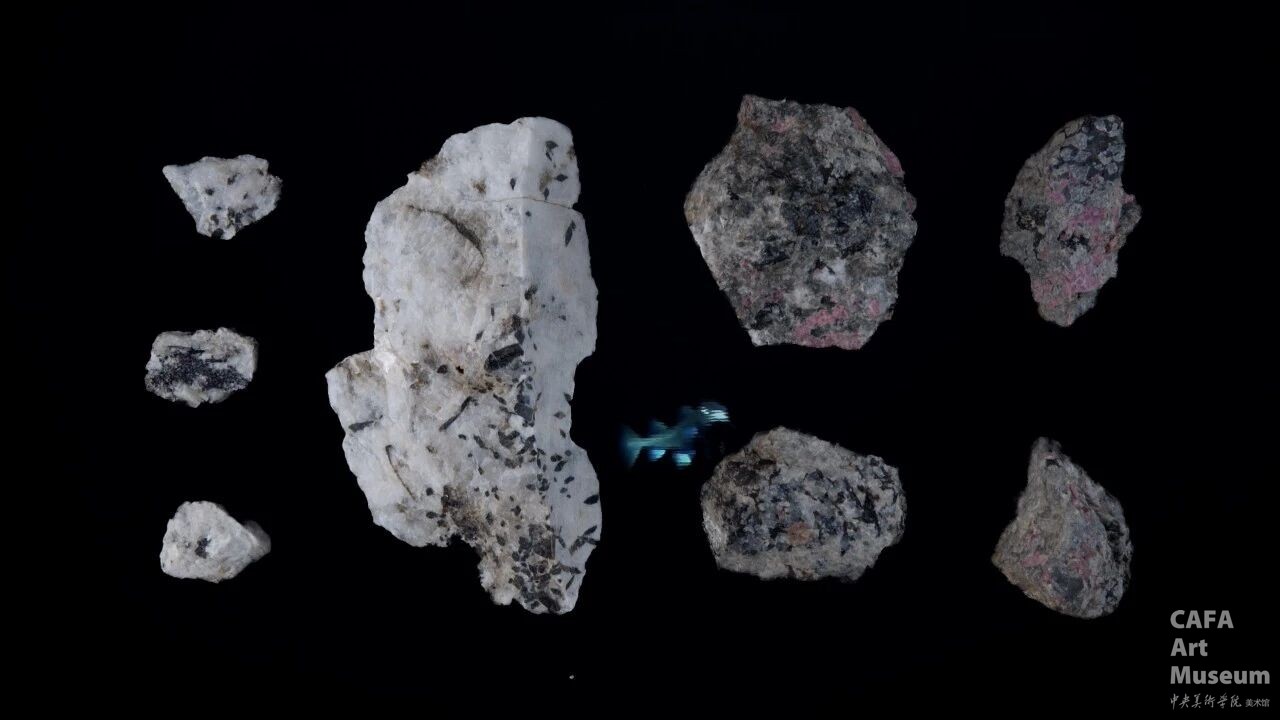
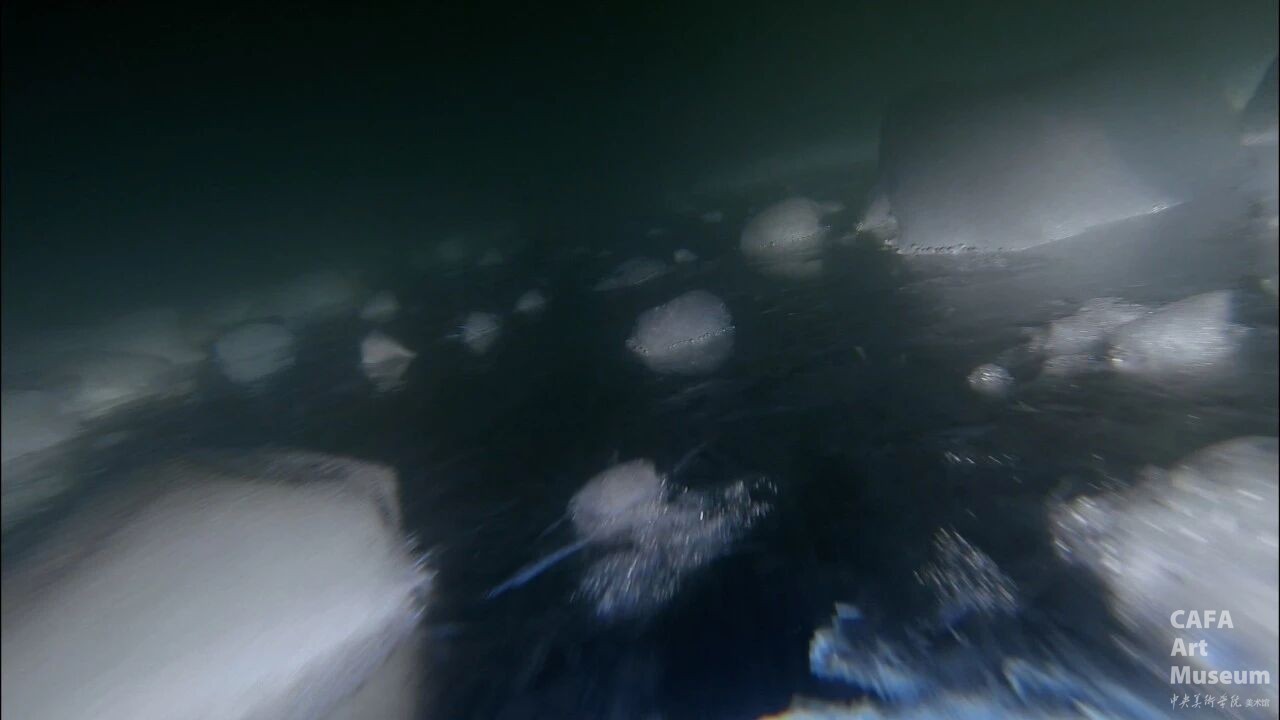
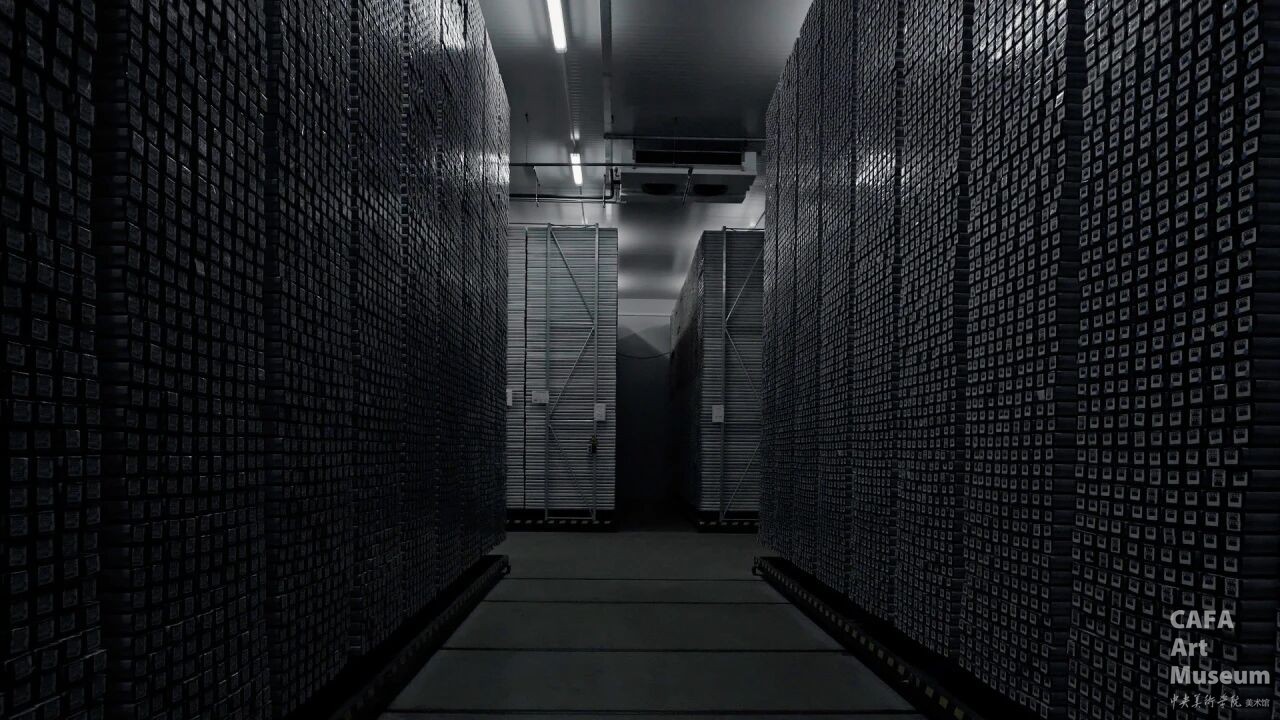
In the Ice, Everything Leaves a Trace,Christoph Oeschger,Switzerland,13’09
As Arctic sea ice retreats, previously inaccessible areas are opening up for resource extraction and territorial claims. The Arctic is transforming from a romanticized wilderness into a arena of interests in technology, economics, and geopolitics.
The film 'In Ice, Everything Leaves a Trace' presents these transformations from a poetic perspective, revealing what was originally invisible. It is the first outcome of a collaborative research project initiated by writer Gianna Molinari and artist Christoph Oeschger in Greenland. There, they realized that the Arctic also exists elsewhere—in pipelines, microscopes, electronic devices, and maps, flowing through them. Those wildlands that still remain untouched in our imagination have now become stages for global power and economic ambition.
Sharing Guest
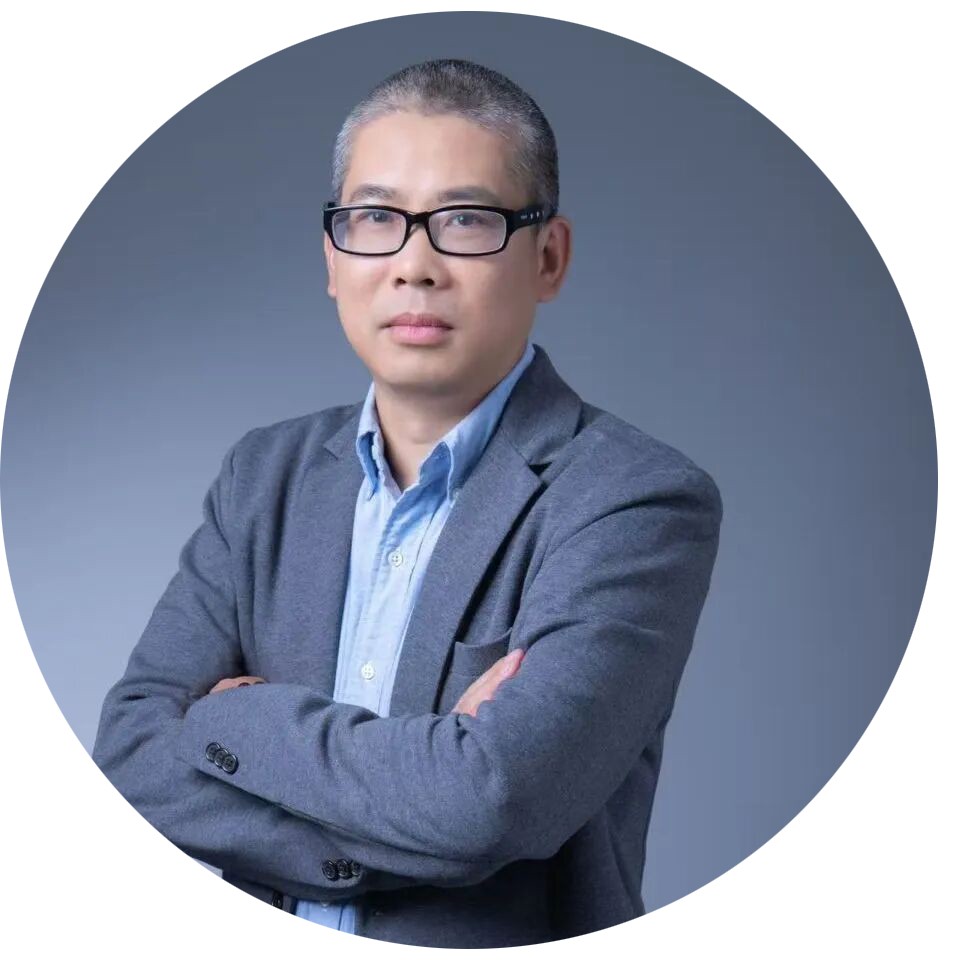
Liu Yongmou
Wu Yuzhang Chair Professor at Renmin University of China, Second-Class Professor and Doctoral Supervisor at the School of Philosophy, Researcher at the Institute for Artificial Intelligence Governance and the National Development and Strategy Institute of Renmin University of China, and Visiting Professor at Gansu Province's Feitian Scholar Program. His main research areas include philosophy of science and technology, and science, technology and society. He has recently published works such as 'The World After the Intelligent Revolution', 'A General Theory of Technological Governance', 'The Metaverse Trap', and 'The Rebellion of Technology'. He has published more than 210 academic papers in Chinese and foreign languages, and has won awards such as the National Excellent Doctoral Thesis Award, the Wu Yuzhang Award, and served as the principal investigator of major projects of the National Social Science Fund.
Sharing Theme: 'Energy Leap, Civilizational Cliff and Future Humans'
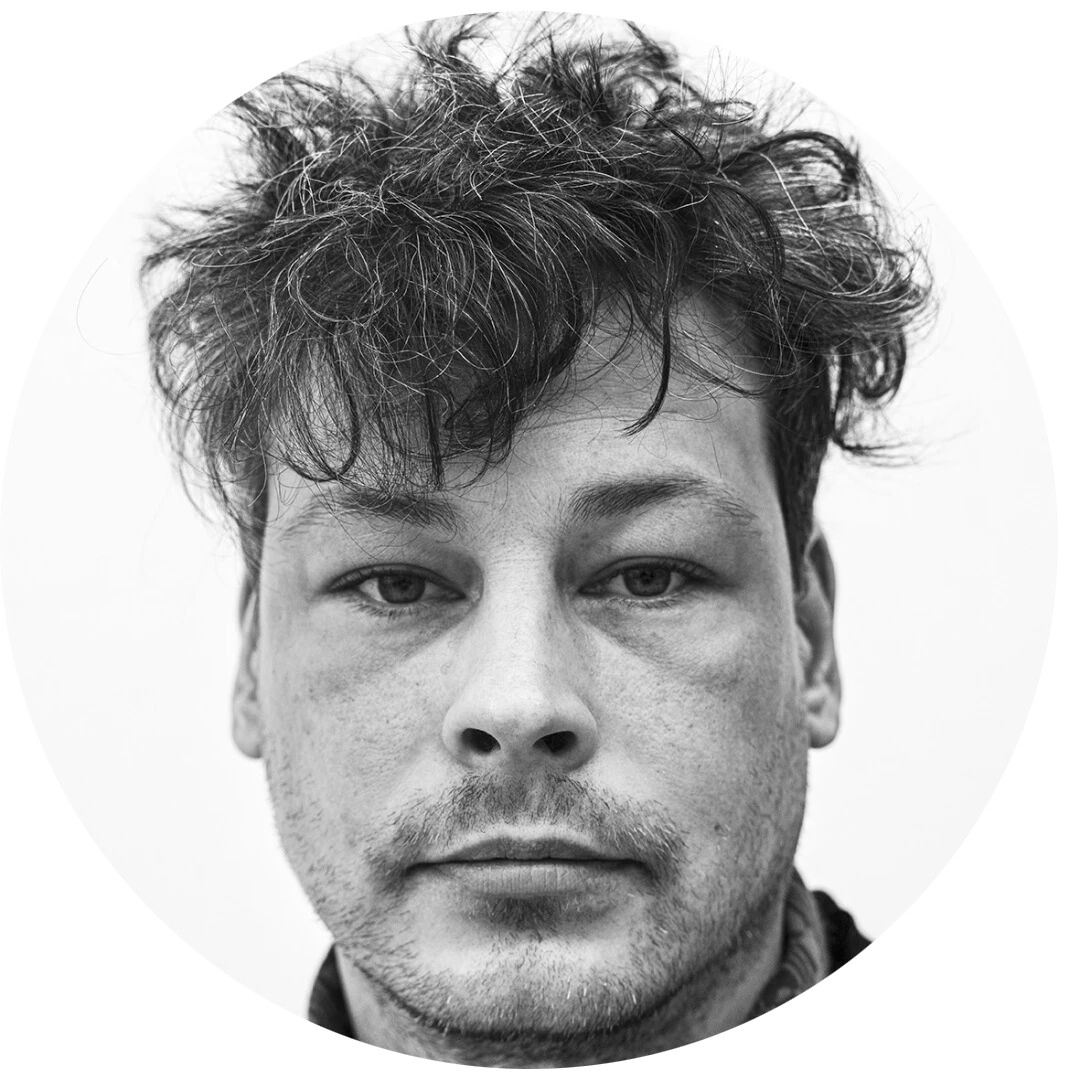
Christoph Oeschger
Photographer, filmmaker, artist, and publisher. His independent work encompasses various forms of documentary filmmaking. He creates using film and photography, incorporating found images and writing text. By collaging source material with his own imagery, he generates interwoven, mutually influencing parallel narratives.
In 2014, he co-founded the artist book publisher cpress with Christof Nüssli. In 2020, they expanded the project into cpress films, focusing on producing artist films. He has published multiple monographs and edited various publications. In 2024, he completed his doctoral degree at the University of Arts Helsinki (Uniarts) and conducted research in collaboration with the Zurich University of the Arts (ZHdK). He studied Media Art at the Karlsruhe Institute of Art and Design (HfG) and Photography at the Zurich University of the Arts (ZHdK).
His works have been exhibited at institutions and film festivals such as the Winterthur Museum of Photography, the ZKM | Center for Art and Media Karlsruhe, the Geneva Photography Center, the Ann Arbor Film Festival, and the Solothurn Film Festival.
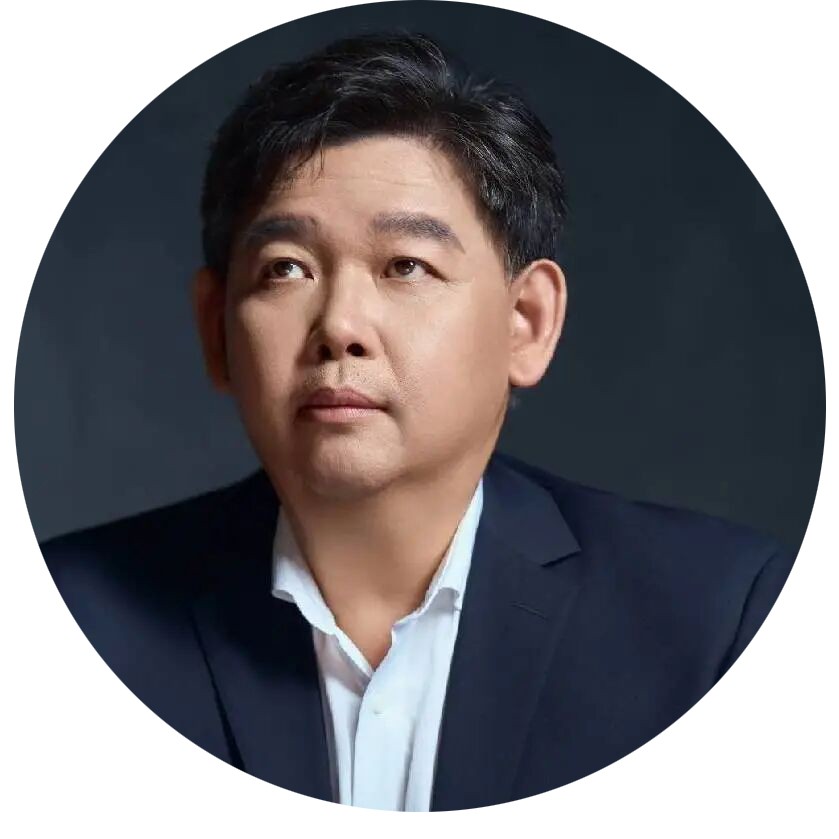
Zheng Jun
Graduated from the Education Department of Tianjin Normal University in 1990, with Psychology as a core professional course. Zheng Jun has created numerous psychological knowledge reads, characterized by their emphasis on behavioral knowledge. Since publishing his debut work in 1997, Zheng Jun has produced works totaling millions of words. With diverse themes and extensive coverage, they have formed several major series and multiple product lines. The 'Toward the Future' series includes five works: 'Rebuilding Behavioral Science', 'The Mission of New Science', 'A Better Life', 'Restarting Scientific Literature', and 'Toward a Scientific Civilization'. Starting from individual behavior, they respectively explore the development trends in the three realms of truth, goodness, and beauty, and finally plan the future of humanity from the perspective of the entire society.
Sharing Topic: 'New New Energy - Laying the Foundation for the Future World'
Event Information
Curator: Cai Yixuan
Co-curators: Chen Yu, Su Lei
Host Organization: Ullens Center for Contemporary Art, China Central Academy of Fine Arts
Supporting Organization: Pro Helvetia Shanghai Office
Initiating Organization: Black Void
Media Partners: Meta Eye, Conversazione
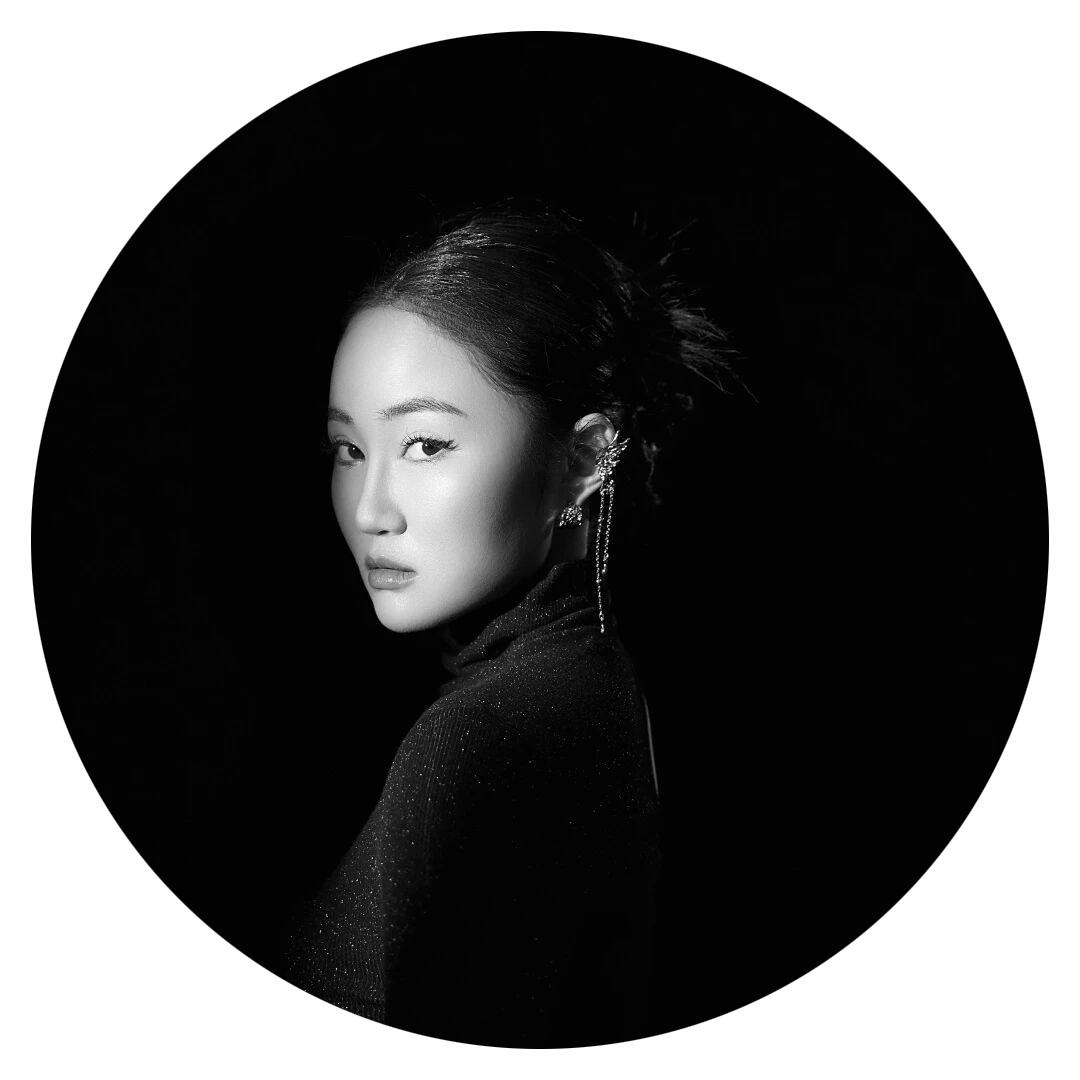
Cai Yixuan
Black Void is a principal, artist, designer, and curator. She holds dual degrees in Architecture and Fine Arts from Rhode Island School of Design, focusing on the hybrid ecosystem formed by technology and nature. Her works 'Atmospheric Alchemy Twin Cloud' and 'Biosphere 3' have been nominated for the 2024 Luminary Award, won the 10th Ideal Home Future Award and the IEEE Data Art Gold Award. They have been exhibited at venues such as the National Art Exhibition, Venice Arsenal, Power Station of Art (Shanghai), and introduced in CCTV documentaries. She founded the art organization Conversazione, which has held hundreds of lectures and exhibitions in New York and Beijing, including curated shows like 'Vibrating Clouds' (Design Society) and 'Qi Wu Sheng Xi' (OCAT). Her research project 'Post-Carbon' focuses on landscape and culture during energy transition, and she teaches the 'Post-Carbon Future' course at the Central Academy of Fine Arts.

Chen Yu
A scholar in design theory, young curator, and new media artist, she is currently a doctoral student in the Department of Information Arts and Design at the Academy of Arts and Design, Tsinghua University, and concurrently serves as the Chief Curator of the Center for Human Imagination Research at Southern University of Science and Technology. She has long focused on science fiction exhibitions, designing the future, and interdisciplinary research at the intersection of art and technology. She has curated exhibitions such as the 'Post-Life' Media Art Biennale, the Science Fiction Section of the Shenzhen-Hong Kong Urban Biennale, the 'Foresight · Visible' International Exhibition, and the 'Future Scenarios' series. In 2024, she went to Politecnico di Milano as a visiting scholar on a national scholarship. Her research have been presented at international conferences such as IASDR, HCII, and Anticipation, and have been in databases including SSCI, EI, and ACM.
● ●●●●●
| About the Swiss Cultural Foundation |
The Swiss Arts Council is committed to promoting Swiss contemporary culture and arts both domestically and internationally. Established by the Swiss government in 1939, its Shanghai office was set up in 2010 with the aim of supporting cooperation and exchanges between artists and institutions in China and Switzerland, and facilitating the sharing of knowledge and experience in the cultural field between the two countries through project initiatives. Currently, the projects conducted by the Swiss Arts Council's Shanghai office are primarily focused on Swiss contemporary art, encompassing numerous areas such as visual arts, performing arts, design, music, and literature.
| About Black Void |
Black Void is an art and science creation team composed of creators from backgrounds in digital media, architectural design, data science, and music. Their work focuses on the hybrid ecosystem co-built by technology and nature. Through big data analysis, they uncover the stories behind ecological events, and through installations, they respond to changes in natural energy, establishing a dialogue between precise engineering, chaotic energy, and mysterious nature. The topics they focus on include 'clouds,' 'carbon,' 'light,' and 'interstellar life.'
About the Exhibition
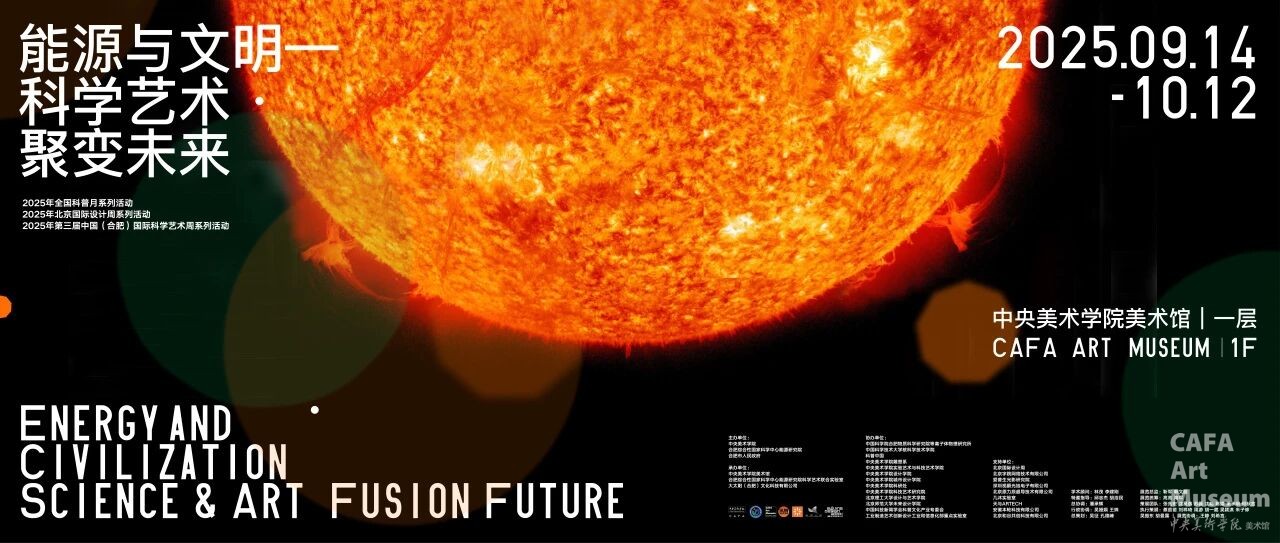
Click the image to view exhibition details
Energy and Civilization — Science Art · Fusion Future
Exhibition Venue: First-floor Exhibition Hall, Central Academy of Fine Arts Museum
Exhibition Time: September 14 - October 12, 2025
Editor-in-Chief / He Yisha
Editor / Du Yinzhu
